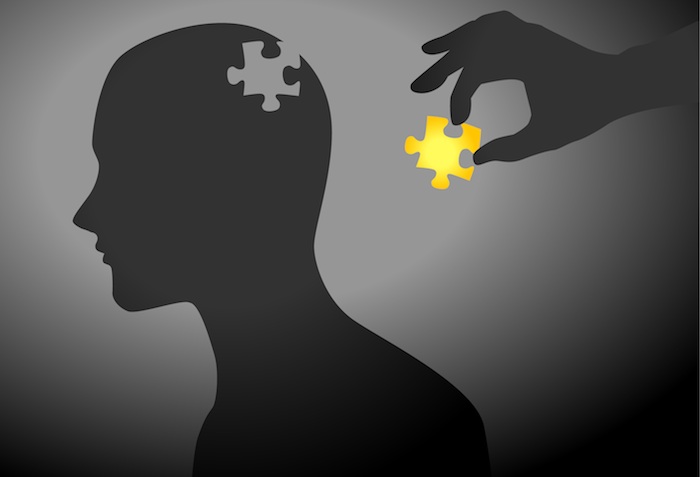Male Self Care in The Corona Crisis: Advice from Psychotherapist Noel McDermott

Male Self Care in The Corona Crisis
For many men their whole lives have been turned upside down in the last year; the majority haven’t been able to go to work, to the gym, play sport with a team or to the pub with pals. For those that are fathers, they have been at home all day with more exposure to the household demands and domestic responsibilities balancing both work and family, this has created even more pressures. Alongside this, lockdown has created social challenges and changed many men’s friendships.
Psychotherapist Noel McDermott comments: “Men are used to doing things together, they traditionally need to be in the same physical space and this year has proved a real challenge. Men get social support through structured activity, going for a pint with mates, sports, work etc. It’s not the norm for guys to reach out to other guys because they are feeling emotional. Men tend to get their mental health needs met through having fun with friends. The pandemic has mostly removed the traditional routes for men to get mental resilience with most of the activity-based socialising being disallowed. This leaves guys in a potentially very isolated place”.
The Mental Health Gender Issue
The big gender issue in mental health between men and women tends to be that women report higher levels of common mental health issues than men (anxiety and depression) and men tend to have higher rates of severe and enduring mental health issues (bi-polar, psychosis) and suicide. Females rely on their network of friends and have throughout the pandemic maintained their social relationships by keeping conversations going. Women also ring the alarm bell and seek help sooner, one of the reasons why the male suicide rate is so much higher as men tend to underreport mental health issues and don’t reach out for help. The biggest cause of death for men under 35 is still suicide*.
So, what can guys do to stay in touch with their friends in a way that feels comfortable to them and provides the social interaction needed to keep friendships alive with all the positive mental health benefits?
- Organise online activity-based opportunities for chaps to meet, is there some sport being played on the TV, why not get your partner’s mates to watch with him on zoom so they can bond over it?
- Get into the habit of calling friends to chat about common interests. We get a boost simply talking to people we like, there’s no need to talk about problems
- Be a Good Samaritan, if you have a friend who lives alone make a point about contacting him regularly, it will help you both
- Organise a ‘pub quiz’ with your mates on Zoom, you might not be able to be in the same space just yet, but you can still have fun together
For families it’s crucial to normalise talking about feelings from an early age, here’s how:
- If you’re a parent talk to your boys about feelings and encourage them to open up, “boys don’t cry” is an early form of brutalisation of men emotionally that needs to stop
- Role model what you want, there are plenty of men ploughing this furrow now, so find those TED talks and YouTube videos of men opening up about their feelings and be open to this
- Have some fun with it, try a games night with an emotional twist by playing something like Funny Feelings https://www.parentconcept.com/emotional-intelligence-party-game
- Empower dad to be more open because it will ‘help’ his kids, guys will do it if they don’t have the spotlight on themselves. It doesn’t matter what the motivation is for opening up
- Family psychological meets (talking circles): have daily or weekly family meets to support everyone in sharing how they are feeling. Everyone has to share!
One of the most frequently asked questions of personal trainers is when is it best to go to the gym? The answer is, whenever you can! It’s the same in term of men and mental health issues. The question always is, how do we get men to get more support? The answer is, in whatever way you can!
Noel McDermott is a Psychotherapist with over 25 years’ experience in health, social care, and education. He is the founder and CEO of three organisations, Psychotherapy and Consultancy Ltd, Sober Help Ltd and Mental Health Works Ltd.




